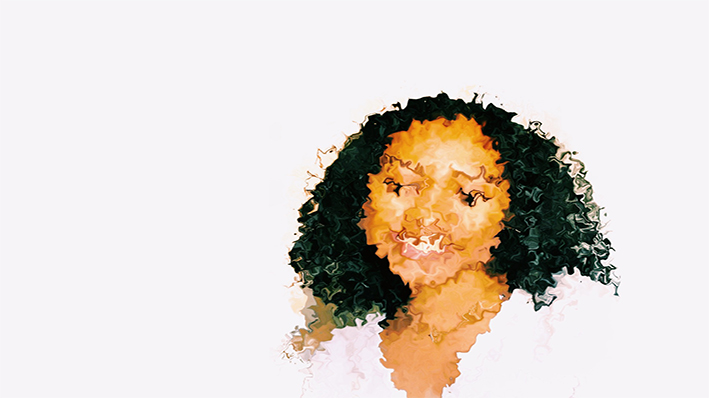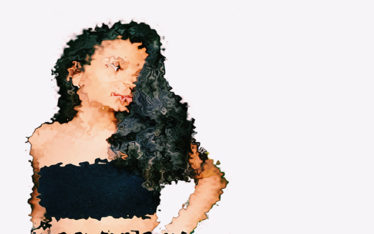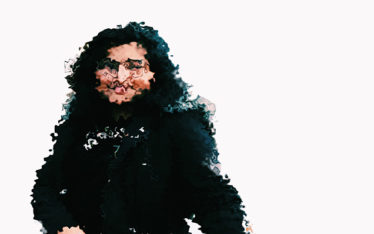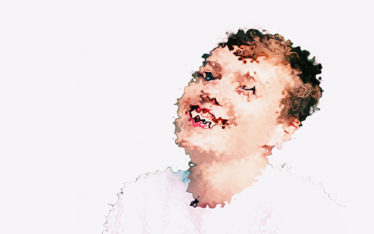
Since “Senegal’s ratification of the Convention on the Elimination of All Forms of Racial Discrimination in 1972, it had been committed to fighting racism, racial discrimination, xenophobia and related intolerance. Because of its unique history and geography, Senegal was nicknamed ‘the country of hospitality’.” Ilo Rakotonavahy reflects on her insightful experience.
Where did you grow up?
Ilo Rakotonavahy: I grew up in Senegal, at Dakar. I am Malagasy.
Exposure to culture/ ethnic diversity?
I’ve always been exposed to diversity as I’ve grew up in a multicultural home and I’ve always studied at a school with International students.
What was your degree of awareness of racism in your upbringing?
In Senegal, we were taught about racism. We knew it existed. However, we thought racism as something distant that existed in Europe and was done by white people against immigrants. It never was something local, as racism wasn’t presented as something that could also be done by people coming from the continent itself. And we were so wrong about it!
Are you aware of institutionalized racism/ existence in your respective country?
I’ve always been in a French school. That means we are taught the French program. And that implies that we do not learn that much about the Senegal or African History. The French high schools do not really adapt to their hosting countries, especially in Africa. So, it feels like we, as students in those schools, live in a kind of bubble and grow up with a lot of stereotypes French people grew up with in France. That impacts the way we view history for example : we tend to learn more about French history so we forget Senegal has one that goes far before the colonization era and that is complex too but, since it’s more of an oral one, we think less of it, even unconsciously.
Another big problem about racism which is related to it in a way is that we can see how the racist hierarchy putting white people above all affects the local society. In terms of representation, people are praising “white” features. The strongest examples of it are hair and skin. People are literally bleaching their skin to make it whiter because light skins are the one considered as beautiful. Same goes with smoother hair. Even here in Senegal, even with the end of colonization, young girls are taught that they should look more like those blond girls with sleek hair.
Degree of your own awareness of racism in your everyday life/ community?
I grew up racist. I’m not proud of it but let’s put that there. It wasn’t easy but I started to notice my racist behavior when I was in middle school and since then, I worked to grow out of it. The thing is, I’m Malagasy and we have a very long and complicated story with racism, races and ethnicities within our country. To that, you have to add that I am part of a community of Malagasy that 1) Considers itself apart from Africans 2) Superior than other Malagasy and 3) Superior than Africans.
I am shocked just thinking about how I used to see things.
I used to think that we were too special and too perfect to be even considered as black and would only consider myself as an Asian or a pacific islander descendant. Recognizing my color and a part of my origins was a journey. I am shocked just thinking about how I used to see things.
I still, however, have work to do as some members of my own family have some very radical views on Africans (while being Africans themselves). I’ve heard things at the dinner table that are far from respectful such as “Why are we giving them cars if they don’t know how to use them”, “Technology is a gift too precious for this population” or even “You can see how they are just by their faces”. I know, that’s just terrible.
How has anti-racist activism been received in your respective country?
I don’t know a lot about activism in Senegal. The thing is we are very committed about other countries issues with racism but our own is internalized most of the time so to recognize it is yet another step.
How is your country addressing the issue/ do you think your country could be doing a better job at addressing working to resolve racism?
I don’t really know how the country could actively fight against racism as it is not really about laws but really about representation in media and culture. Maybe help local artists and history researchers think better their history symbols, maybe prevent people from harming themselves because of dangerous beauty standards…
About the Article
A subjective look at racism from Senegal.



